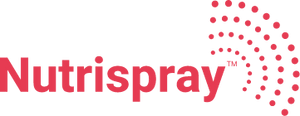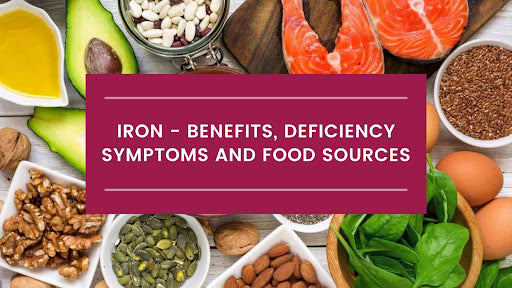We usually associate iron with the amount of haemoglobin in our blood. But is it just limited to that function? Let’s first know what iron exactly is or what it does!
Iron is an essential mineral that the body needs for proper growth and functioning. Apart from making hemoglobin, the protein in red blood cells that carries oxygen from the lungs to all other parts of the body, and myoglobin, a protein that provides oxygen to muscles; iron also does the function of producing certain hormones.
Therefore, Iron is a crucial element for blood production, a fall in which can be directly correlated with insufficient blood. Iron is mostly found in the red blood cells of your blood which regulate cell development, that is why lesser red blood cell production is related to iron deficiency.
Where is iron stored in the body?
You might be surprised to know that your body is like a warehouse where extra stock of all essential minerals and vitamins are maintained at all times to meet any urgent requirements.
Not all iron you consume is circulated in the body and about 25 percent of it is stored as ferritin, an iron store which has to be preserved to a certain level always and it differs for different genders. An average adult male has about 1,000 mg of stored iron (enough for about three years), whereas an average adult female has only about 300 mg (enough for about six months). Whenever your daily iron intake drops, the body uses up the stores which can become depleted, resulting in decreased hemoglobin levels.
When iron stores reach a dangerously low level, the condition is called iron depletion which may cause iron deficiency anemia.
What leads to iron deficiency?
Some of the leading factors associated with iron deficiency are:
Not consuming the sufficient amount:
Since Iron is not naturally produced by the body, it must be absorbed from food. The daily recommended intake of iron is 8.7mg a day for adult men and 14.8mg for adult women. An intake lower than this can result in deficiency over time.
Not consuming sufficient Vitamin C:
Many of you may not be aware that vitamin C helps your body absorb iron. Therefore if your diet lacks a sufficient amount of this vitamin, it can also lead to iron deficiency due to low absorbency rate.
Blood loss:
Blood loss is the most common cause of iron deficiency and this is most relevant in the case of menstruating women, who lose about an ounce of blood every month. Any other blood loss due to serious injuries can cause iron loss in both men and women.
Inability to absorb iron:
Certain disorders like celiac disease, crohn's disease or intestinal surgeries can also interfere with your body’s iron absorption capacity, Even if you get enough iron in your diet.
Unusual loss of iron stores ultimately leads to Iron deficiency anemia which causes the following symptoms:
- Extreme tiredness and fatigue
- Muscle Weakness
- Pale skin color
- Chest pain, irregular heartbeat or shortness of breath
- Headache or dizziness
- Cold hands and feet
- Inflammation or soreness of tongue
- Brittle nails and hair
- Unusual cravings for ice, dirt or starch
- Poor appetite
A low haemoglobin in test report is the first signal towards an imbalanced iron store in the body, but panic is not the solution. Iron deficiency anemia is a treatable condition and can be prevented in time with a healthy diet containing foods rich in iron. Food sources of iron can broadly be classified into 2 categories: Heme Iron and Non heme iron. Heme iron sources include poultry and seafood while non heme iron is obtained from plant based foods.
Some foods rich in iron include:
- Lean beef
- Lamb
- Chicken
- Turkey
- Fish
- Shellfish
- Eggs
- Tofu
- Broccoli
- Sweet Peas
- Brussel Sprouts
- Spinach
- Bean Sprouts
- Tomatoes
- Lima Beans
- Potatoes
- Green Beans
- Corn
- Beets
- Cabbage
It is essential to treat iron deficiency as it can hamper our day to day life and reduce our working capacity and energy, not to mention the ill effects on all the other organs in the body.


Share:
Diseases resulting from nutritional deficiencies
Glutathione Benefits for Your Health and Body